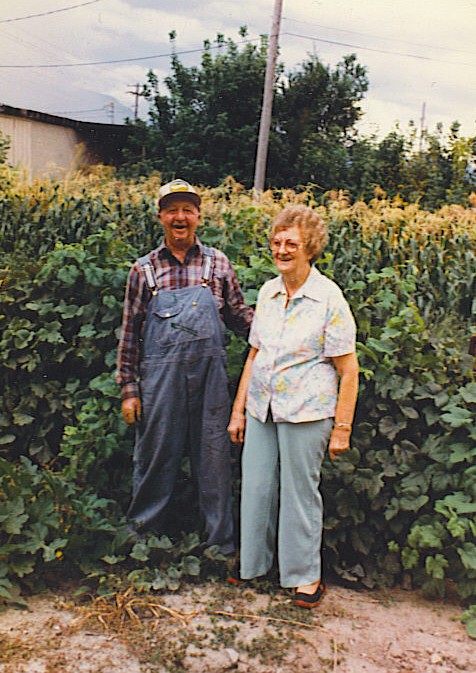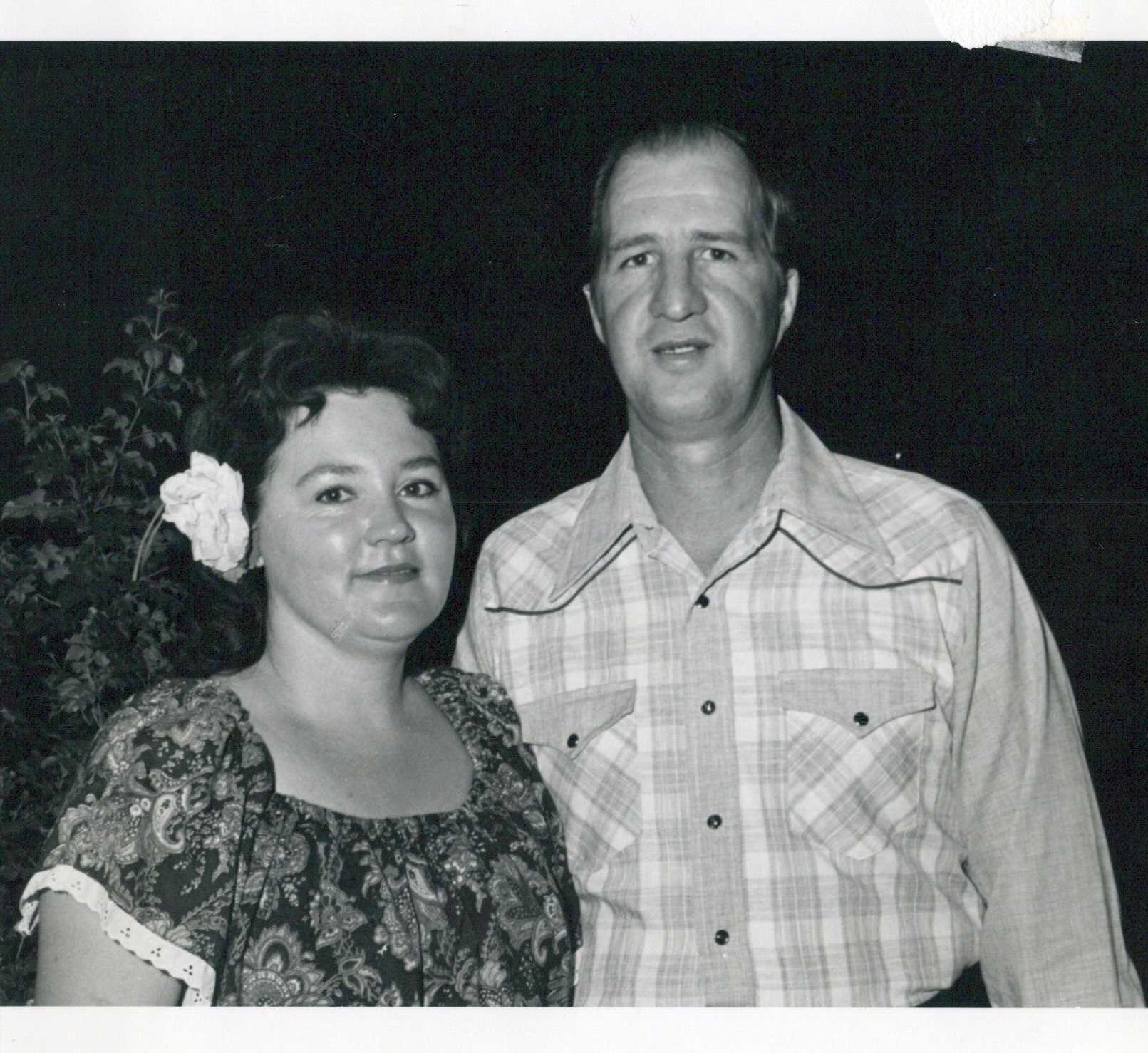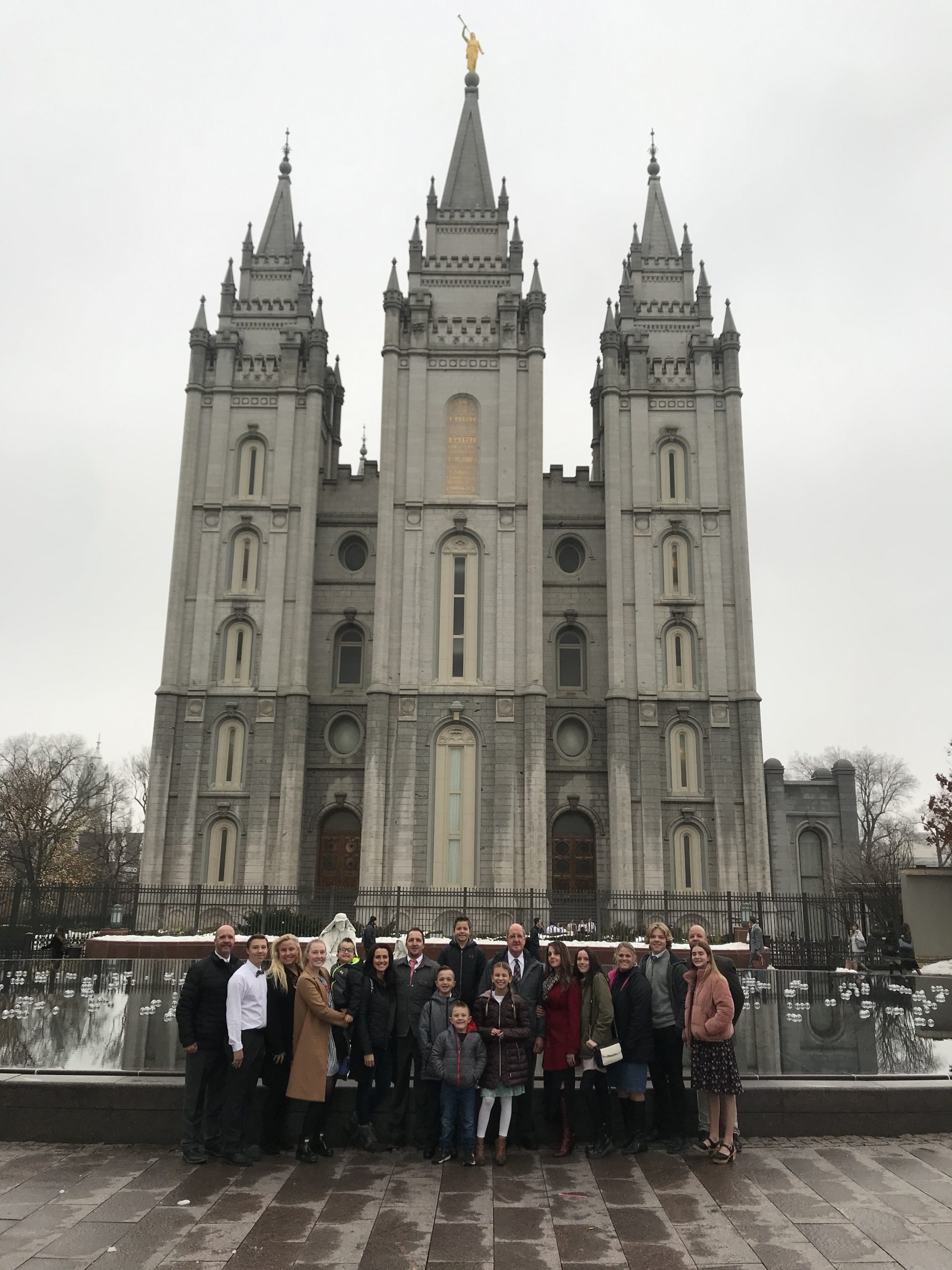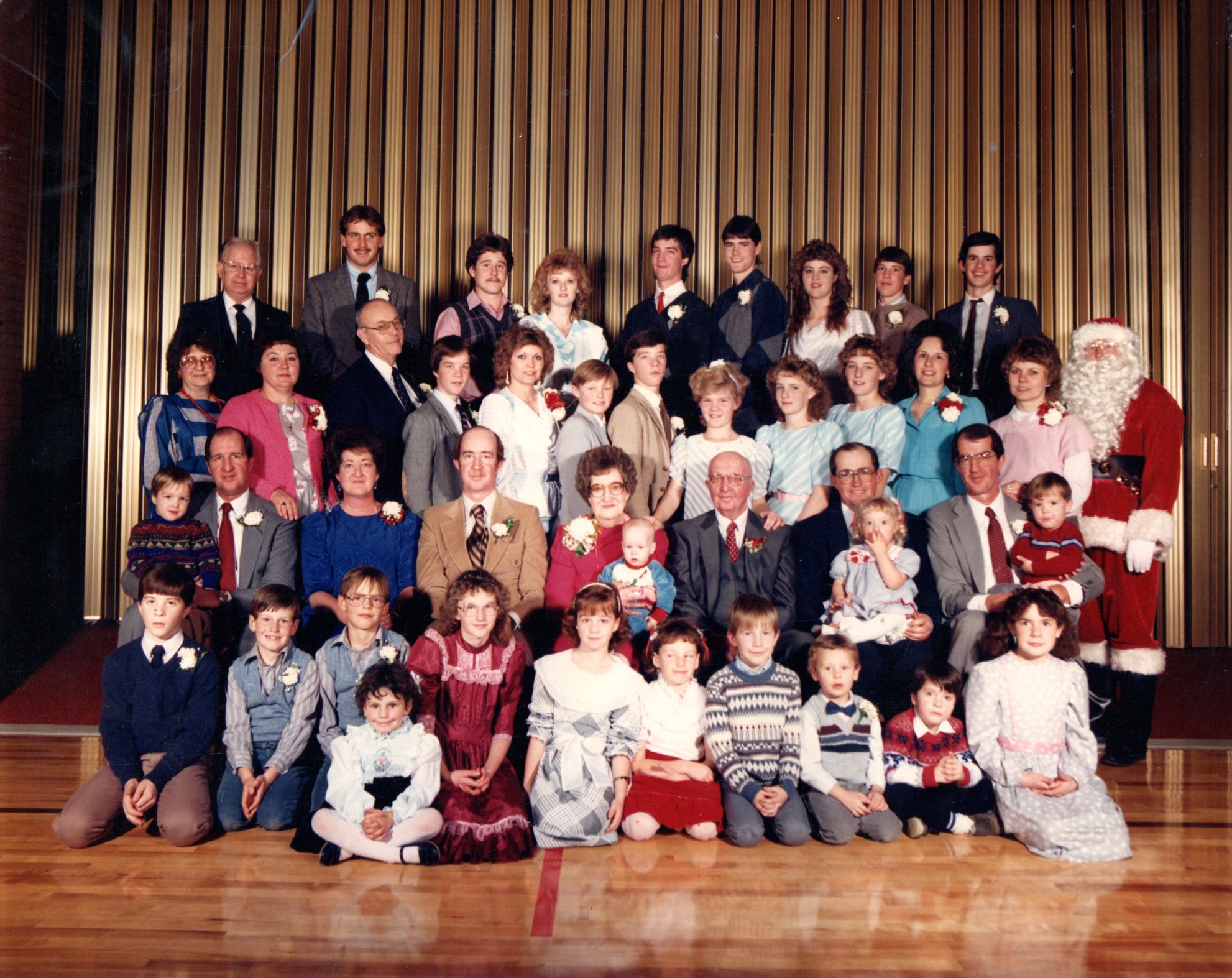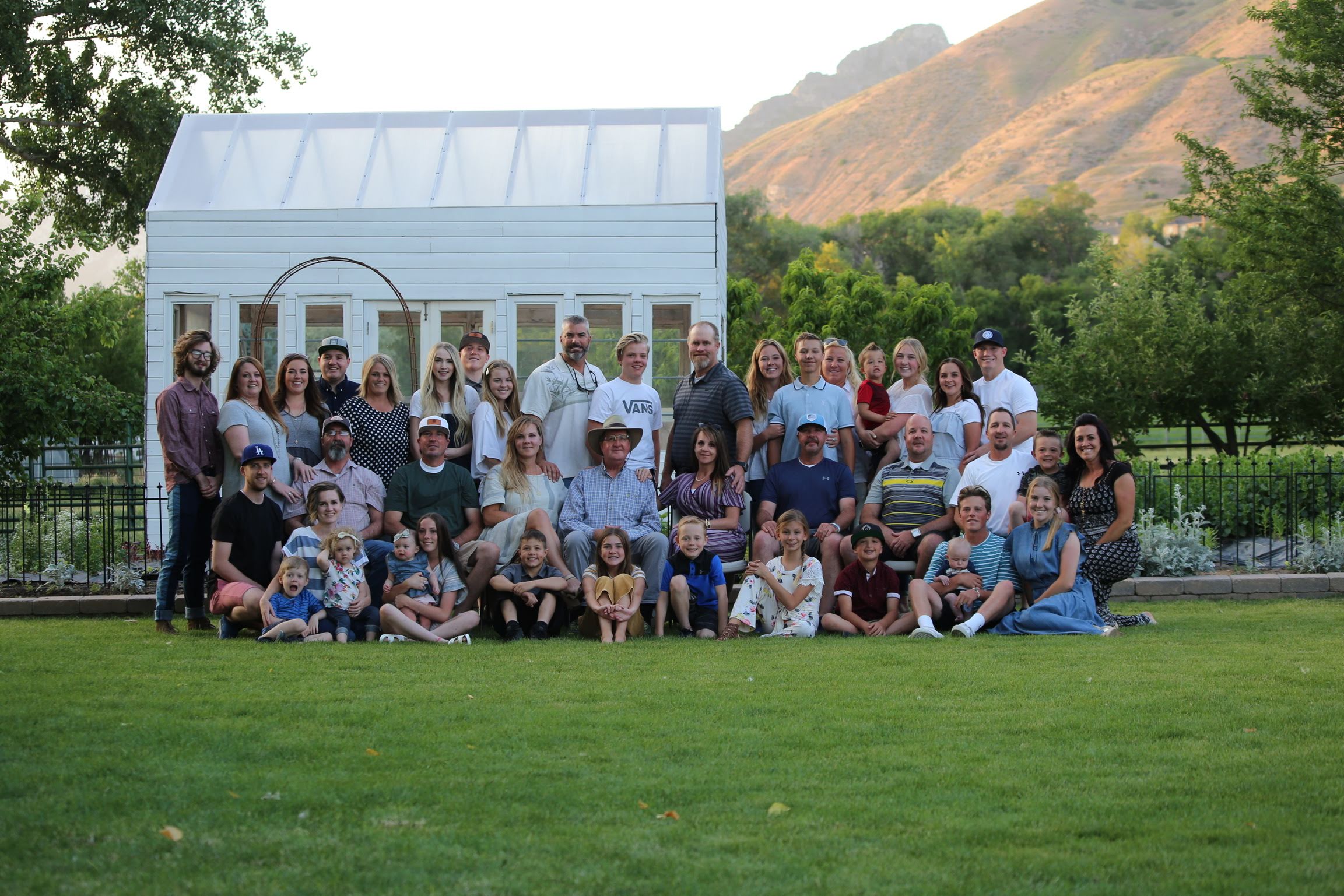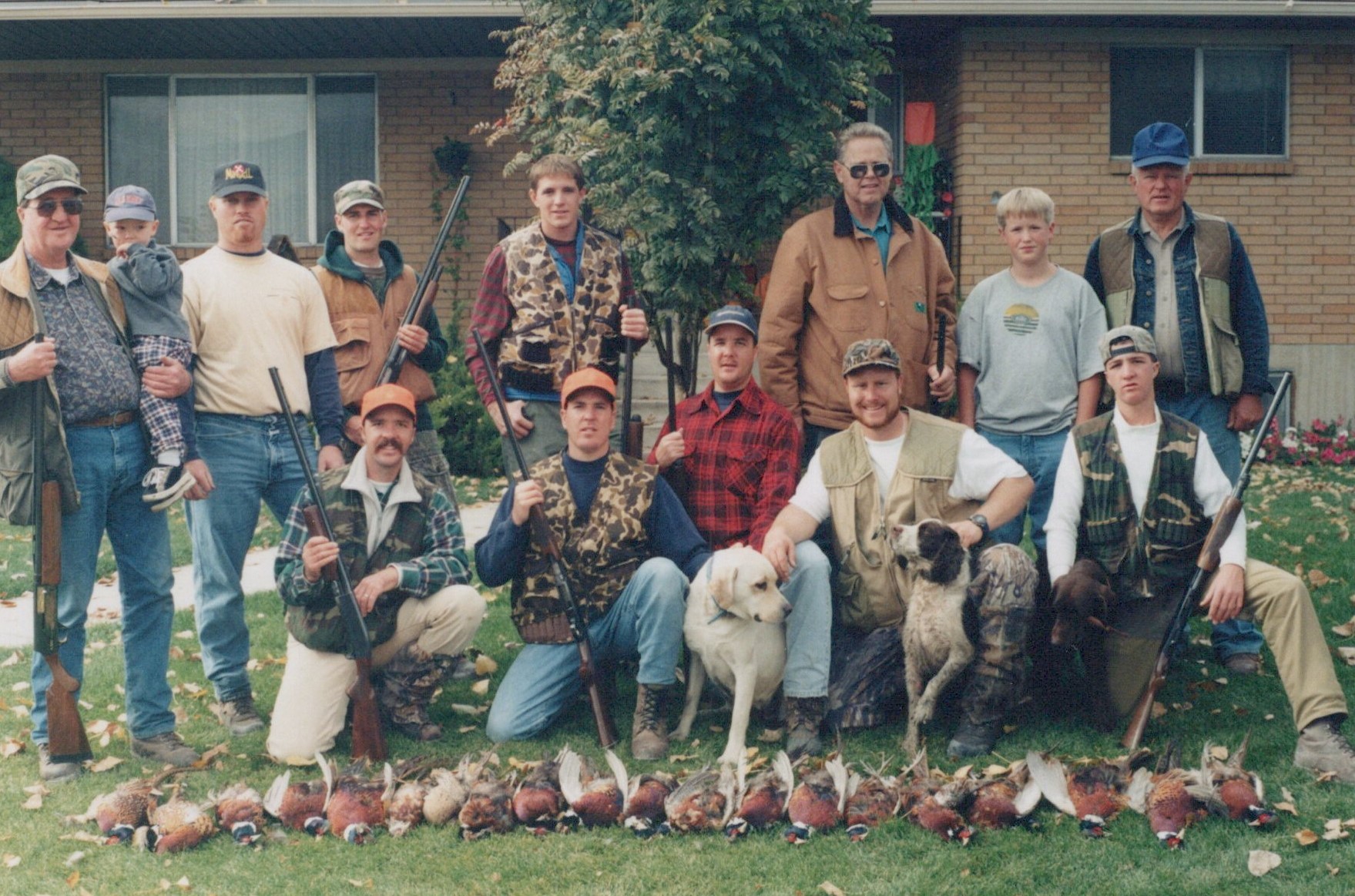Did you witness any tragedy’s in your life?
I went to The Timpanogas drive-in movie out in Orem with one of my friends older brothers, R.J. Hone. We were coming home and when we got to the top of Lindon hill there had been a bad accident. The car came off of Lindon hill and was going fast enough that it caught air and clipped the telephone pole 15 feet up in the air and killed all 4 people in the car. We later found out that a kid had bought a new car and him and his friends were at a restaurant in Lindon. His girlfriend had convinced him to let her drive his new car and she had it going over 100 mph coming over the hill. RJ and I drove up on the accident and watched them pick up body parts which left a very long impression on us.
What was one thing that I wish that I would have paid more attention to in school?
Studying. You find that learning is such a necessary part of growth. Also, being a better listener.
Thomas Fenton, who was very knowledgeable in the gospel, taught us in Sunday School. After I got home from my Mission I realized how valuable his teachings were of the doctrine. It was obvious that I could have learned more about the Gospel doctrine from him.
What is the biggest lesson in life you found to be true?
If you always tell the truth you never have to remember what you’ve said.
What is your favorite color?
Green
What is your favorite food?
Steak and Lobster. Not Mexican!
What are your father’s best traits? His worst?
My Dads best traits he was an extremely hard worker. He was very dependable that’s why they had him work on the city council.
His worst traits were his mouth, he would cuss a lot on the farm. He had a quick temper.
What was a piece of advice your parents gave to you that has always stuck with you?
My mother would always talk to us when we were eating, about how to work hard and have good character
One of my favorite memories from my Wedding Day.
My mother bought new shoes for my wedding. She accidentally bought 2 right feet, and wore them anyway!! When photos were being taken, she would switch the shoes so they looked like they were on the right feet
What is one of the biggest challenges you’ve faced in your life?
Learning to be more obedient.
What is one of your most embarrassing moments and why?
When we got up to milk we would get our clothes on in utility room. My mother called me to come into her room and she was lecturing me about something, and I passed out and fell on my mother, and gave her a bloody nose
What was your favorite show watching growing up?
Mash
Favorite Radio show?
The shadow
Describe getting a Christmas tree with your family as a family, how was it decorated?
We would get a real tree every year from a Christmas tree lot. A time or 2 we had a flocked tree.
Did you have a yard going up? Grass? Flowers and trees? Did you help care for it?
Yes and No. I didn’t do anything but cut the lawn. My parents, Wanda and Paul, were always big on flowers and had a beautiful yard. After they passed away we all went and dug up a rose bush to plant in our own yard.
What kinds of appliance did your have at your house?
We had a washer and dryer but usually hung our clothes outside to dry. We didn’t have a dishwasher so I would wash and dry the dishes.

